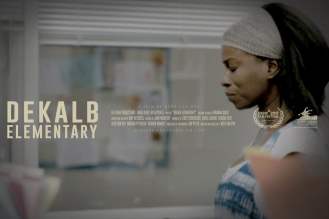 Though Kathy Bates had been working regularly on film since at least 1977, and I undoubtedly had seen her in some of those shows and movies, the first place I really recognized her was in the 1990 movie Misery.
Though Kathy Bates had been working regularly on film since at least 1977, and I undoubtedly had seen her in some of those shows and movies, the first place I really recognized her was in the 1990 movie Misery.
“I’m your biggest fan” undoubtedly affected readers of the Stephen King novel, but to see her Annie Wilkes interact with Paul Sheldon (James Caan)… let’s put it this way; I haven’t seen that movie since I viewed in the cinema, and it STILL makes me shudder. She captured the Best Actress Oscar and a Golden Globe.
My favorite scene of hers, though, was in Fried Green Tomatoes (1991), the bit in a parking lot here or here, when Evelyn Couch got tired of being treated like an old davenport. The vicarious pleasure I felt was surprisingly strong.
From IMBD: “Kathleen Doyle Bates was… raised in Memphis, Tennessee. She is the youngest of three girls… One of her ancestors, an Irish emigrant to New Orleans, once served as President Andrew Jackson’s doctor.
“By the mid-to-late 1970s, Kathy was treading the boards frequently as a rising young actress of the New York and regional theater scene… She took her first Broadway curtain call in 1980’s ‘Goodbye Fidel,’ which lasted only six performances. She then went directly into replacement mode when she joined the cast of the already-established and highly successful ‘Fifth of July’ in 1981.
I have enjoyed her work in several other TV shows and films, including:
* a prostitute in Woody Allen’s Shadows and Fog (1991)
* the unsinkable Molly Brown in Titanic (1997)
* the villainous Miss Hannigan in a Disney version of Annie (1999)
* quirky, liberal mom Roberta Hertzel in About Schmidt (2002), for which she received a Best
Supporting Actress nomination
* well-to-do Jo Bennett in the latter stages of the US version of The Office (2010-2011)
* Gertrude Stein in Midnight in Paris (Woody Allen, 2011)
Kathy Bates turns 70 on June 28, 2018, and by the look of her upcoming credits does not appear to be retiring any time soon, despite living with lymphedema. She has been the national spokesperson for the Lymphatic Education & Research Network.




 All the short films my wife and I saw at the Spectrum in February 2018 were quite good.
All the short films my wife and I saw at the Spectrum in February 2018 were quite good.